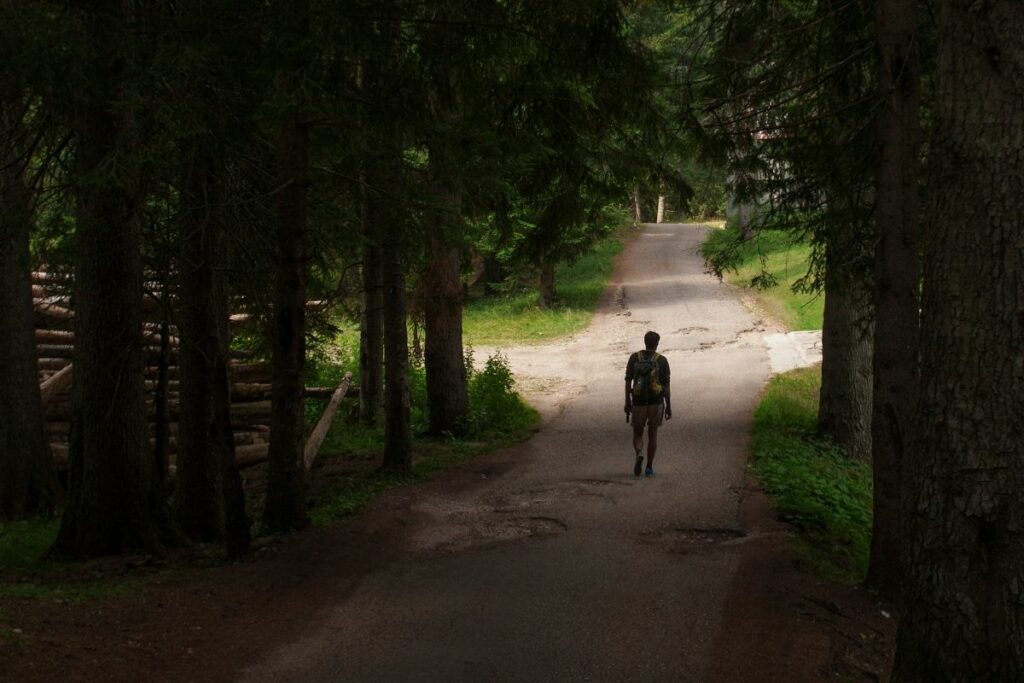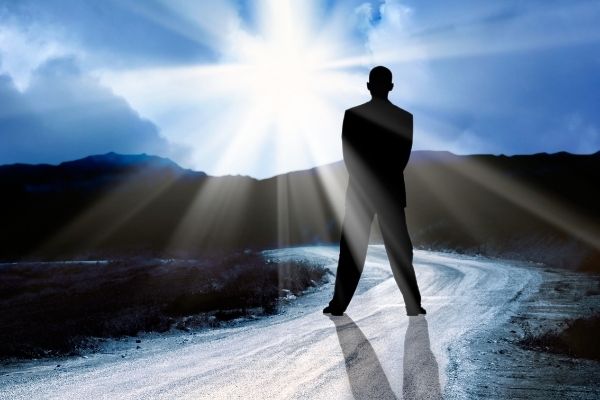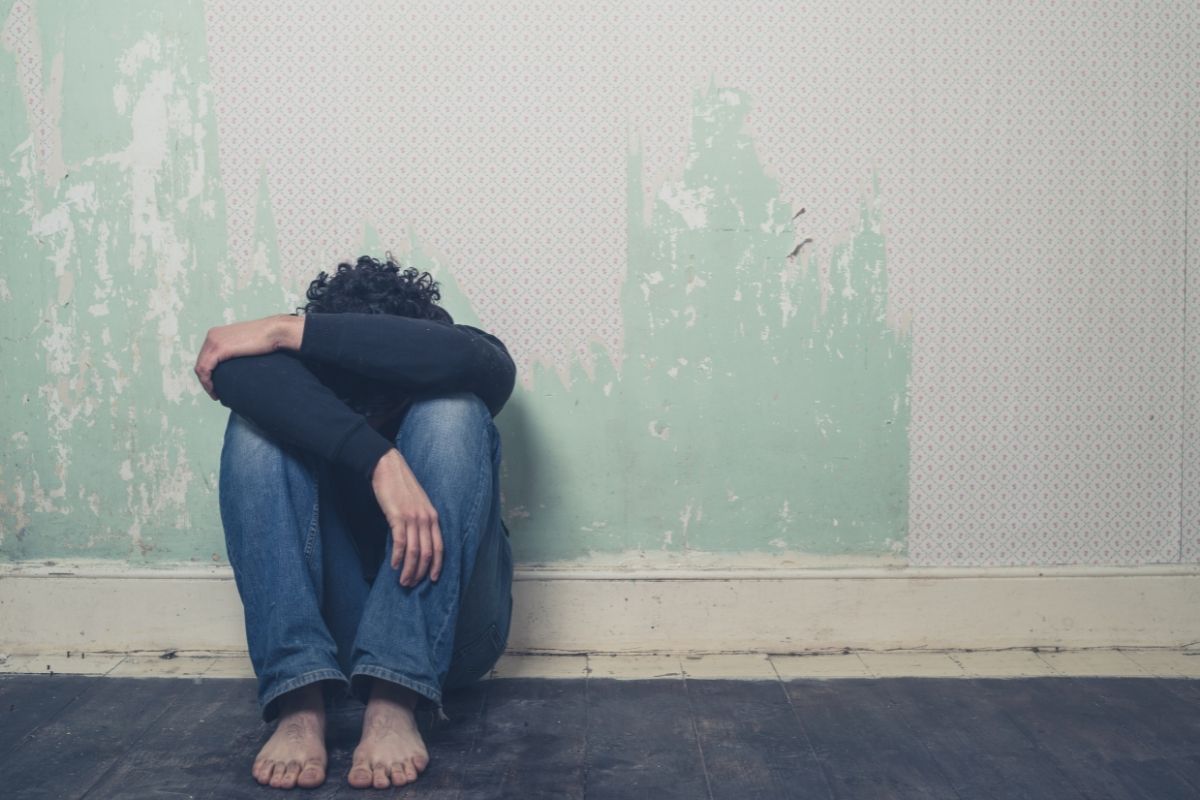What is my purpose in life or what is the meaning of my life are questions that are as old as human existence on Earth!
While these questions may sound quite philosophical and almost theoretical, most human beings, at some point in their lives, do feel lost and ask themselves that exact ‘existential’ question.
That’s because most of us have bigger aspirations than simply existing.
What drives people to feel lost and ask about their purpose in life?
Fear of failure
The fear of failure is closely linked to the fear of success. In fact, fearing failure is exactly what drives a lot of people towards apathy and towards not ‘having a go’ at succeeding. It is important to know that the fear of failure is extremely common.
It is a misconception to think that people who are leaders in their fields never experience it – they actually do. The difference is that they have learned how to identify, address and manage their worst fears.
Lack of self-confidence and self-belief
Self-confidence is about trusting our abilities to do anything – both personally and professionally. That can include our ability to have a relationship, to perform a (simple or complex) task, to express our feelings and so on.
It is no surprise that when we start doubting ourselves, our lives may start to feel empty and meaningless.
Working on and gaining self-confidence is one of the most important steps towards happiness. Self-confidence is also essential in leadership, relationships and health.
Lack of meaningful connection
Humans are social creatures – we thrive when we find our crowd. Likewise, we feel lost when meaningful community connections are missing in our lives. These are deep-level connections with people whom we may share common interests, values and an understanding of life.
Another important meaningful connection is the one we develop with our mentors and with those we look up to.
Signs you may be feeling lost
It is quite common for people to feel empty and not become aware of their feelings of emptiness. That’s because most human beings can function for a long time on ‘autopilot’. Taking time to look inward is important and here are some signs you should pay attention to:
Inaction
Apathy or the lack of action-taking – where it counts – is a sign your confidence might be low.
Think about procrastination, but also about situations where you overdo in some areas and use this as an excuse for not doing other important things. For example, you may spend hours exercising (which is great for your health) at the gym, but that takes your focus away from catching up with important friends.
Lack of self-care
Another sign of feeling low and lost is when we stop looking after ourselves or, even worse, we start engaging in harmful habits – often without noticing it until it’s too late. That could be things like overeating or alcohol and drug abuse. That can also include spending an excessive amount of time on social media.
Anxiety
Anxiety can be a serious issue on its own and it is directly related to a lack of self-confidence. In most cases, anxiety drives people to withdraw and to stop engaging out of fear. That fear is often something intangible and hard to explain.
Social isolation
Another side-effect of anxiety, as well as a sign one is feeling lost, is social isolation. The fear of interacting with others can often lead to ‘hiding’ and ‘avoiding’ social contact as much as possible. Avoiding people can hurt valuable connections.

Steps towards finding the meaning of your life
Find happiness in small steps
Finding happiness is pretty much the same as finding meaning. While the overall task of finding happiness may sound like a big task, it is important to think and to focus on the ‘smaller things’ in life that bring us joy and focus.
It is also important to look for happiness inward while making a conscious distinction between things we can and cannot control.
By letting go of the things outside our control and by focusing on things we can control we take ownership of our life and of our path towards fulfilment.
Find your crowd: reconnect
Have you ever felt lonely even when accompanied?
Loneliness is one of the most serious threats to our happiness and health. However, we need to look into what feeling lonely means. It is indeed possible to be accompanied and to feel lonely at the same time. What counts is the level of connection we have with those we form relationships with.
Finding our crowd and our community allows us to be surrounded by people who inspire us, and who share our vision and, more importantly, it provides us with a safe space where we can express our feelings, our ideas, our concerns and, simply, be ourselves.
It is no coincidence that communities provide the ideal environment for people to reach their full potential and gain enough confidence to be successful outside of their comfort zone.
Understand past experiences
Our past shapes our future.
A negative experience is often something we want to put behind and ‘get on’ with life as soon as possible. The pain of remembering and revisiting such experiences can be so acute that we just try our best to forget.
However, our brain doesn’t quite work that way. It remembers that emotions we have not explored and addressed will likely resurface in unexpected ways. For example, a feeling of abandonment during childhood might lead to one perceiving themselves as being ‘unwanted’ or being ‘unlovable’.
As painful as it can be, revisiting the past and understanding how it influences who we are today allows us to forgive and to be kind to ourselves.
Revisiting significant past events can be best when assisted by professionals who are trained to bring these up in a safe space.
Take time for self-care
While taking time for self-care may sound like an obvious step, it is also one that is commonly overlooked. Self-care takes practice and routine to work. Saving a bit of time every day to do something that feels relaxing and enjoyable makes a huge difference. This can be something as simple as watering the plants outside, going for a walk or reading a story.



